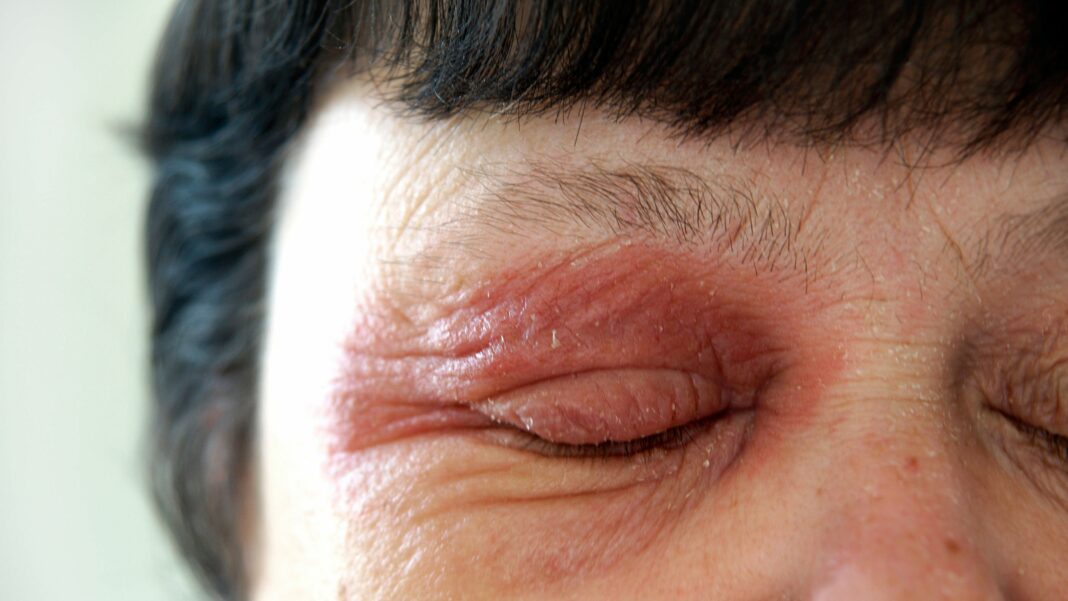What Does Physiology Have to Do With Emotional Development?
Emotional development is a complex process that involves the interplay of various factors, including physiology. While we often think of emotions as purely psychological phenomena, they are closely linked to our physical bodies and their functions. In this article, we will explore the role of physiology in emotional development and discuss how our physical health can impact our emotional well-being.
The Basics of Physiology and Emotional Development
Physiology refers to the study of how the body functions and how its various systems work together to maintain health and homeostasis. When it comes to emotional development, physiology plays a crucial role in shaping our emotional responses and behaviors. For example, the brain is a key player in the regulation of emotions, with different parts of the brain responsible for processing and interpreting emotional stimuli.
The Role of Hormones
One key aspect of physiology that influences emotional development is the role of hormones. Hormones are chemical messengers that regulate various bodily functions, including mood and emotion. For example, the hormone cortisol is released in response to stress and can have a significant impact on our emotional well-being. Chronic stress can lead to dysregulation of the stress response system, resulting in mood disorders such as anxiety and depression.
Neurotransmitters and Emotional Regulation
Neurotransmitters are another important aspect of physiology that influences emotional development. These chemical messengers play a key role in transmitting signals between neurons in the brain, influencing mood, behavior, and cognition. Imbalances in neurotransmitter levels, such as dopamine and serotonin, have been linked to various emotional disorders, including depression and bipolar disorder.
The Impact of Physical Health on Emotional Development
Our physical health is closely linked to our emotional well-being, with poor health often leading to emotional disturbances and mood disorders. For example, chronic illnesses such as diabetes and heart disease have been linked to increased rates of depression and anxiety. Additionally, lifestyle factors such as diet, exercise, and sleep can also have a significant impact on our emotional health.
The Gut-Brain Connection
Recent research has highlighted the importance of the gut-brain connection in emotional development. The gut microbiome, which consists of trillions of microorganisms living in our digestive tract, plays a crucial role in regulating mood and behavior. Imbalances in the gut microbiome have been linked to various emotional disorders, including anxiety and depression.
The Importance of Sleep
Sleep is another critical factor in emotional development, with insufficient sleep leading to mood disturbances and cognitive deficits. During sleep, the brain consolidates memories and processes emotional experiences, helping to regulate mood and behavior. Chronic sleep deprivation has been linked to increased rates of depression, anxiety, and other emotional disorders.
Conclusion
In conclusion, physiology plays a crucial role in emotional development, with the body’s various systems working together to regulate mood, behavior, and cognition. Hormones, neurotransmitters, physical health, and lifestyle factors all play a significant role in shaping our emotional well-being. By understanding the link between physiology and emotional development, we can take steps to improve our physical health and support our emotional well-being.
FAQs
How does stress impact emotional development?
Stress can have a significant impact on emotional development, leading to dysregulation of the stress response system and increased rates of anxiety and depression.
What role do hormones play in emotional development?
Hormones such as cortisol play a key role in regulating mood and emotion, with imbalances in hormone levels linked to various emotional disorders.
How does the gut microbiome influence emotional development?
The gut microbiome plays a crucial role in regulating mood and behavior, with imbalances in gut bacteria linked to anxiety and depression.




